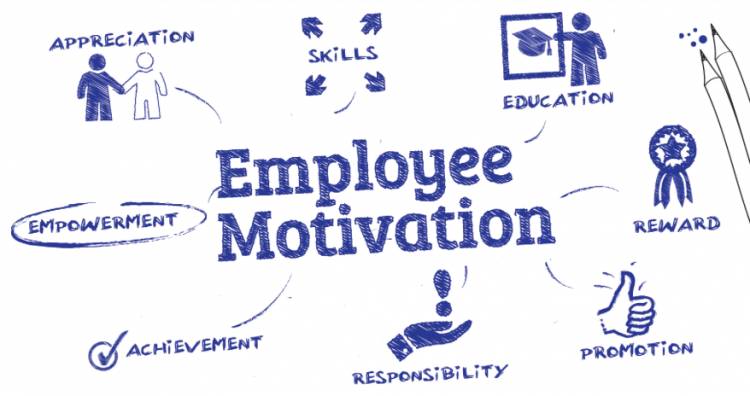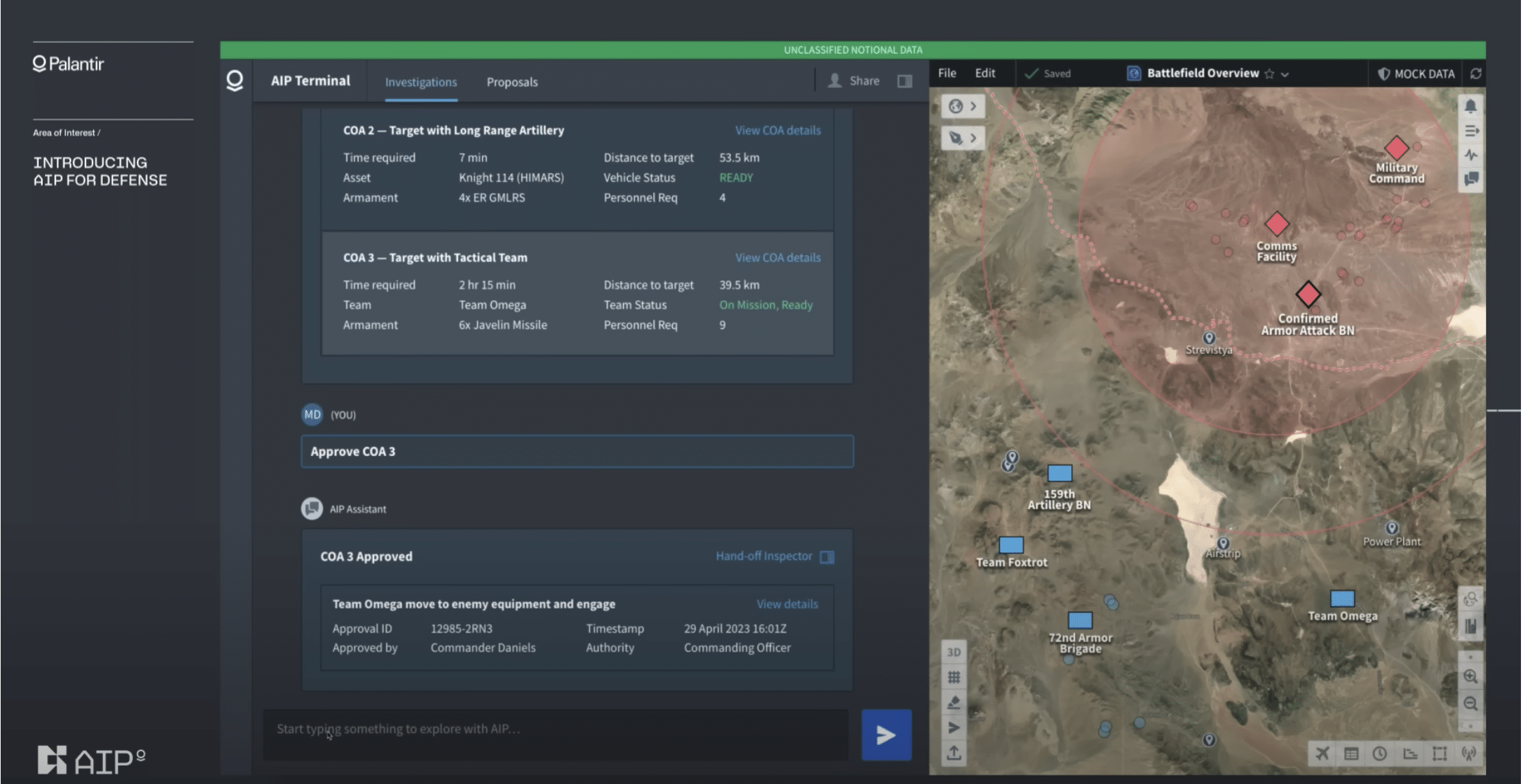Middle Managers: Their Crucial Role In Company Performance And Employee Development

Table of Contents
Middle Managers as Bridges Between Leadership and Employees
Middle managers are the linchpin connecting high-level strategic goals with the day-to-day operations of teams. They translate complex company strategies into actionable plans, ensuring that everyone understands their role in achieving the overall objectives. This requires exceptional communication skills, operating both vertically (upward to senior management and downward to team members) and horizontally (across different departments).
Effective Middle Managers excel at:
- Effective communication of company goals: They break down complex information into easily digestible pieces, ensuring clarity and understanding across the team.
- Gathering feedback from frontline employees: They act as a conduit, gathering valuable insights and feedback from employees on the ground, providing crucial information to senior management.
- Relaying employee concerns to upper management: They advocate for their teams, ensuring that employee voices are heard and concerns are addressed promptly.
- Ensuring alignment between company strategy and team execution: They monitor progress, identify roadblocks, and make necessary adjustments to keep projects on track and aligned with overall company objectives.
Middle Managers' Crucial Role in Employee Development and Engagement
Beyond strategic implementation, Middle Managers play a pivotal role in employee development and engagement. Their mentorship and coaching capabilities directly impact employee performance, satisfaction, and retention. Investing in training for Middle Managers in these areas translates directly into a more productive and engaged workforce.
Specifically, effective Middle Managers:
- Identify and nurture talent within teams: They recognize potential and provide opportunities for growth and advancement.
- Provide regular performance feedback and constructive criticism: They offer guidance and support, helping employees improve their skills and performance.
- Create a positive and supportive work environment: They foster a culture of collaboration, respect, and open communication.
- Facilitate opportunities for employee growth and skill development: They champion employee training and development initiatives, ensuring team members have the resources they need to succeed.
- Implement employee engagement strategies: They actively work to improve morale and job satisfaction, leading to increased productivity and reduced turnover.
Improving Company Performance Through Effective Middle Management
The impact of effective Middle Management on company performance is undeniable. Strong middle management contributes to increased productivity, streamlined processes, and a reduction in employee turnover. They are the drivers of efficiency and champions of a culture of continuous improvement.
Effective Middle Managers contribute to:
- Streamlining workflows and processes: They identify inefficiencies and implement improvements to optimize team performance.
- Delegating tasks effectively: They empower team members, assigning tasks appropriately and providing the necessary support.
- Monitoring team performance and identifying areas for improvement: They track progress, identify bottlenecks, and take corrective action.
- Promoting collaboration and teamwork: They foster a collaborative environment where team members work together effectively.
- Contributing to a culture of continuous improvement: They encourage innovation and a proactive approach to problem-solving.
The Importance of Training and Development for Middle Managers
To maximize their impact, Middle Managers require ongoing training and development in key areas such as leadership, communication, and management skills. Investing in leadership development programs specifically designed for Middle Managers provides a significant return on investment.
This training should include:
- Leadership training programs: Developing leadership skills crucial for managing and motivating teams.
- Communication skills workshops: Enhancing communication effectiveness, both written and verbal, improving both upward and downward communication.
- Mentorship opportunities for middle managers: Providing guidance and support from experienced leaders.
- Regular performance reviews and feedback for middle managers: Ensuring continuous improvement and development.
Empowering Middle Managers for Sustainable Company Success
In conclusion, Middle Managers are not merely links in the chain; they are essential drivers of company performance and employee development. Their ability to effectively bridge communication gaps, mentor their teams, and implement strategic initiatives is crucial for sustainable growth. Investing in their training and development is not an expense, but a strategic investment that pays dividends in increased productivity, employee retention, and overall company success. Investing in your middle managers is investing in the future success of your company. Focus on developing your Middle Managers to unlock their full potential and drive sustainable growth.

Featured Posts
-
 How Palantirs Nato Partnership Will Reshape Public Sector Ai
May 10, 2025
How Palantirs Nato Partnership Will Reshape Public Sector Ai
May 10, 2025 -
 Former Boris Becker Judge Heads Nottingham Attacks Inquiry
May 10, 2025
Former Boris Becker Judge Heads Nottingham Attacks Inquiry
May 10, 2025 -
 Elizabeth City Road Fatal Accident Leaves Two Dead
May 10, 2025
Elizabeth City Road Fatal Accident Leaves Two Dead
May 10, 2025 -
 Oilers Vs Sharks Game Tonight Prediction Picks And Betting Odds
May 10, 2025
Oilers Vs Sharks Game Tonight Prediction Picks And Betting Odds
May 10, 2025 -
 Is Chris Martin Influencing Dakota Johnsons Film Roles
May 10, 2025
Is Chris Martin Influencing Dakota Johnsons Film Roles
May 10, 2025
